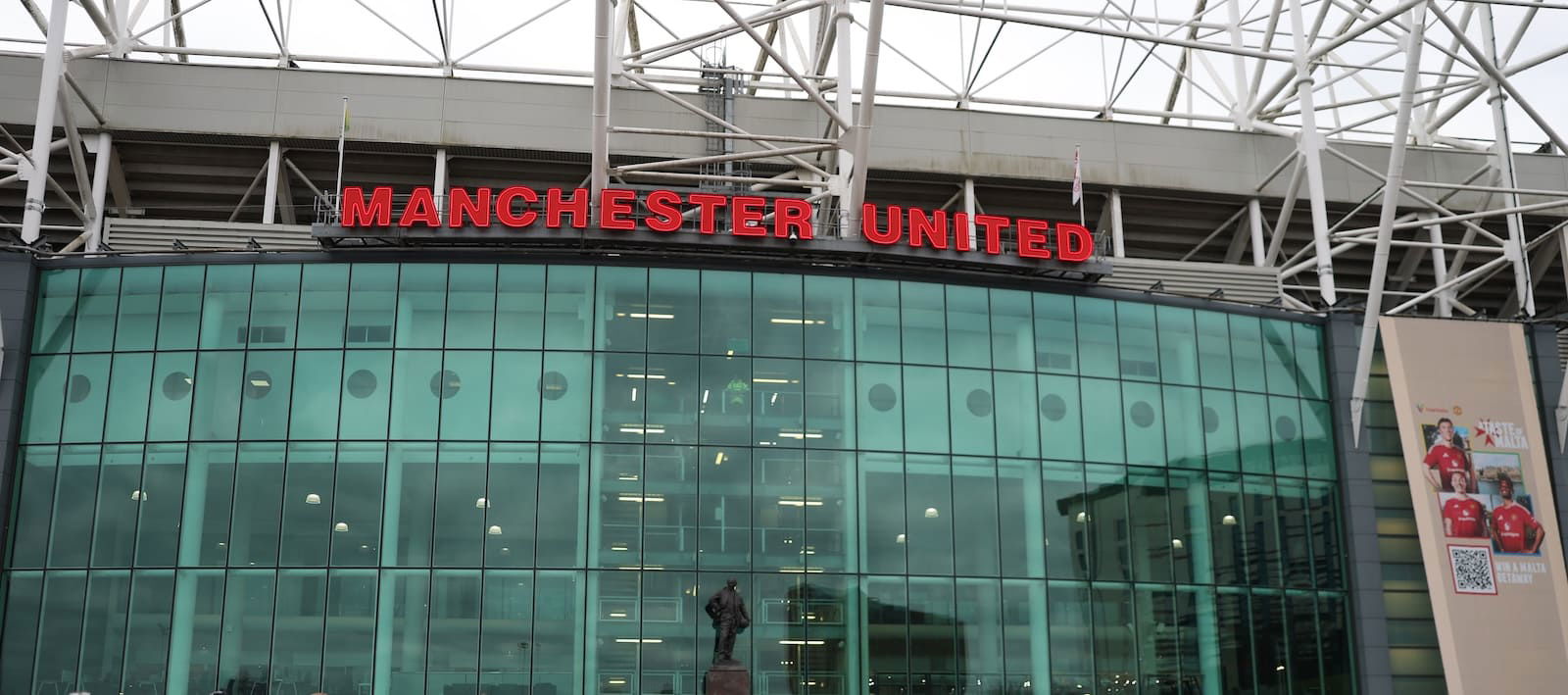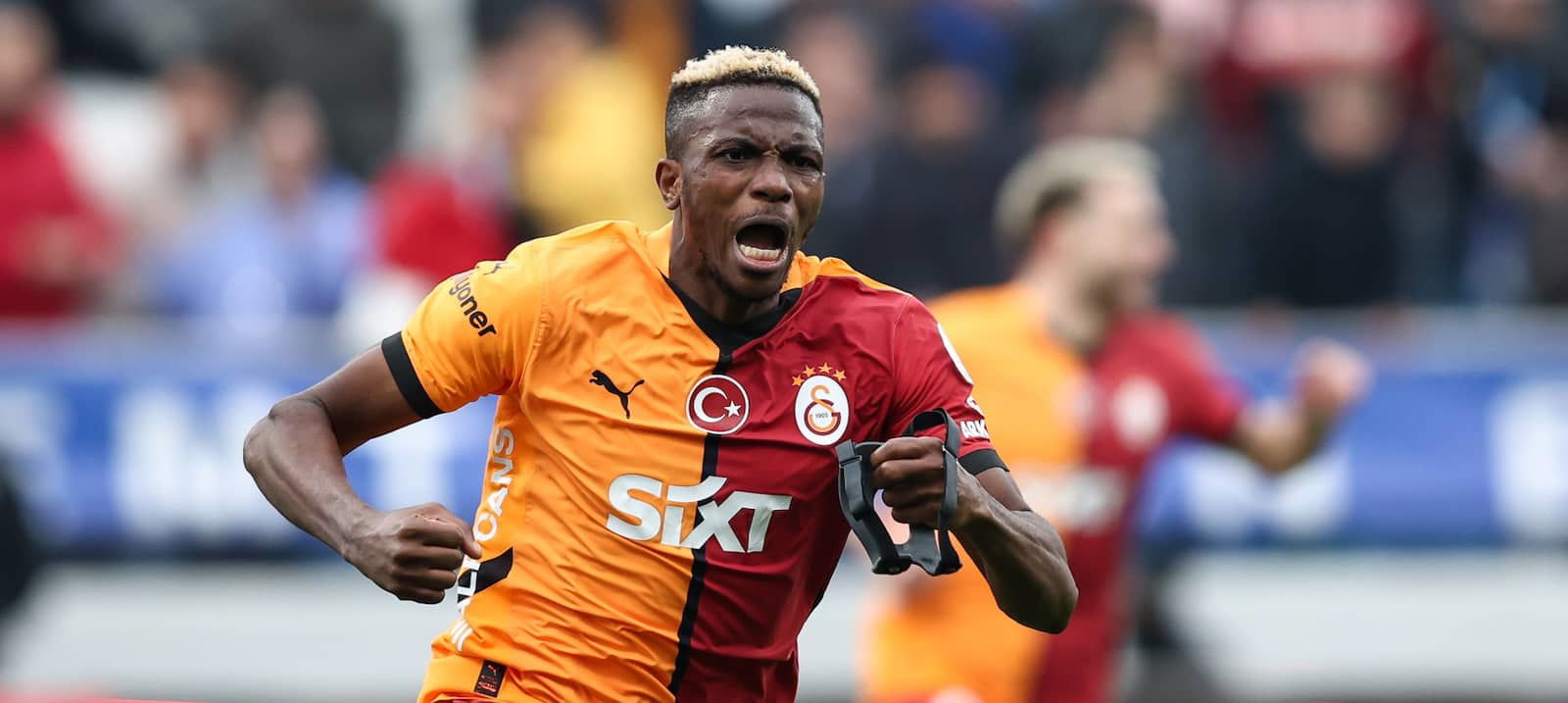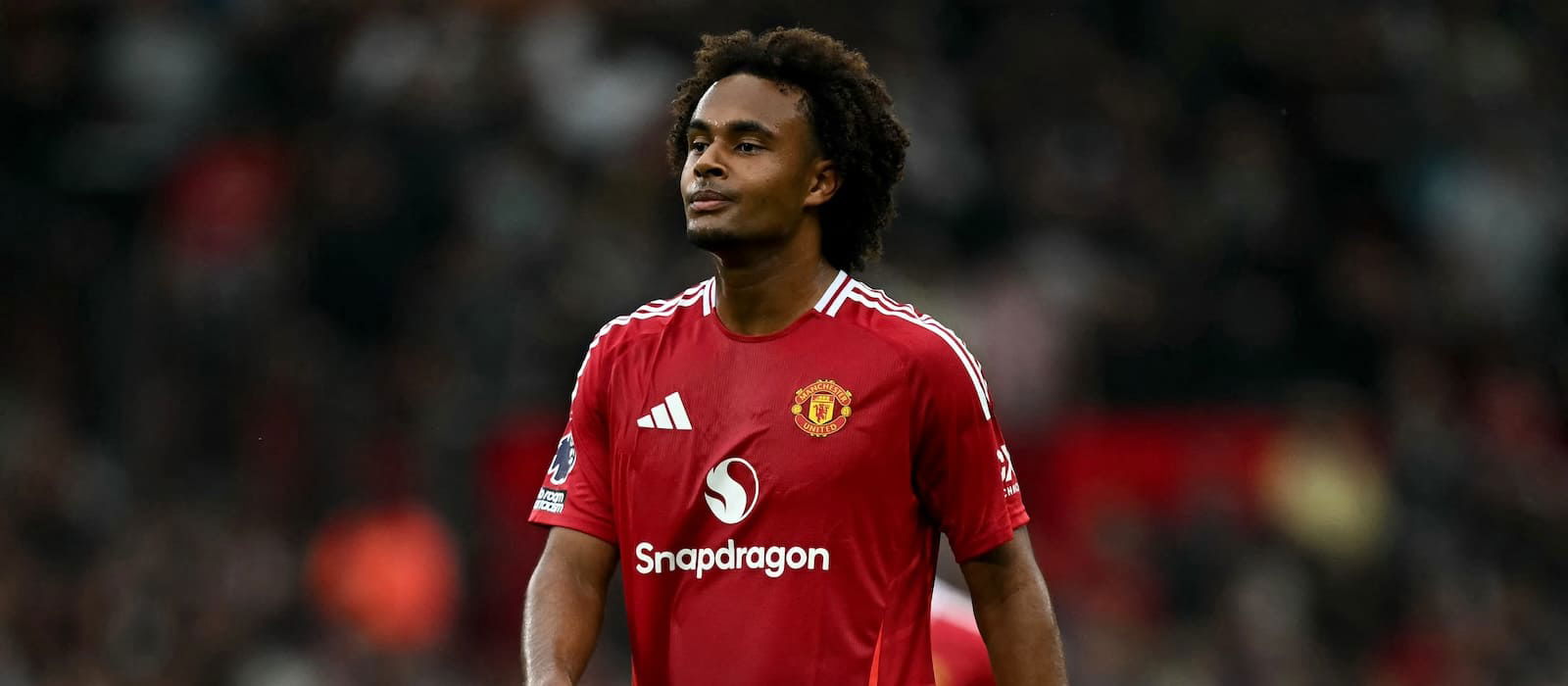Unlock the Editor’s Digest for free
Roula Khalaf, Editor of the FT, selects her favourite stories in this weekly newsletter.
President Emmanuel Macron has selected one of his earliest allies, the centrist politician François Bayrou, as prime minister as he seeks to stabilise the political turmoil in France that has bogged down his second term.
The 73-year-old’s nomination came after a nearly two-hour long meeting at the Élysée Palace, which was said to be tense and led Macron to reconsider other names at the last minute.
It also followed a year of political instability in France in which Macron has now named three prime ministers — a crisis that deepened when Macron called and lost early elections.
Bayrou combines a market-oriented view of the economy with support for social justice measures such as taxing the wealthy.
A three-time presidential candidate himself, he has also called for proportional voting to boost the culture of compromise in parliament and more power to be devolved from Paris to the rest of the country.
But his nomination was immediately met with criticism from Macron’s opponents.
“Macron is a president in a bunker, and his new prime minister must take into account the new political situation,” said Jordan Bardella, leader of the far-right Rassemblement National (RN).
“He must accept that he does not have democratic legitimacy or a majority in the assembly, so must dialogue with all parties.”
The moderate left, whose support is crucial to neutralising the RN, which cast the decisive votes to bring down the previous administration, also made clear its dissatisfaction with Bayrou’s appointment.
Chloe Ridel, a Socialist party spokesperson, slammed Macron for picking an ally rather than a candidate from the left, which came first in July’s parliamentary elections.
“If Bayrou wants our support, he will have to take steps to take on parts of our agenda, such as on pensions or salaries,” she said.
The uncertainty now afflicting French politics contrasts not just with Macron’s first term, when he had a commanding majority, but with much of the history of the 66-year-old Fifth Republic, during which most governments have proved relatively stable.
It has rattled markets and spooked businesses in France, which have slowed investments just as growth is slowing and unemployment ticking up.
Bayrou’s predecessor, Michel Barnier, a former Brexit negotiator, was toppled last week in a confidence vote in the National Assembly over his proposed budget after just under three months in office.
France is under pressure to narrow its deficit, which will stand at 6 per cent of national output by the end of the year — far above the EU limit of 3 per cent of GDP.
Bayrou will face the same difficulties in navigating a parliament divided into three irreconcilable blocs, and passing a budget for next year.
Macron has sought to prepare the ground for the new government with a non-aggression pact with opposition party chiefs — excluding the far right and far left — in which they would agree not to topple the government in exchange for concessions.
To cut out the RN, he will need to reach an agreement with the Socialists, who hold 66 seats, and perhaps the Greens with 38 and the Communists with 17, while also not losing the rightwing.
Fabien Roussel, the communist party head, said the nomination of a loyalist as prime minister sent “a bad signal that is not what the public wants,” adding: “They want a change of political direction, and there is little chance of that now.”
However, in a more conciliatory tone, he added: “We will not censure this new government automatically, and will judge based on his actions.”
Much will depend on how much Bayrou deviates from Macron’s pro-business policies to chart his own course.
His support was key to Macron first getting elected in 2017 and his MoDem party supports the president.
But Alain Duhamel, a longtime political journalist and analyst on BFM TV, cautioned against seeing him as merely a Macron ally who would do the president’s bidding.
“Bayrou is his own man who has his own ideas and he will be independent from Macron,” said Duhamel, adding that he could seek compromises with the left.
If another prime minister were to fall, pressure would intensify on Macron, whose presidential term still has two and a half years left to run, to resign to break the political impasse.
The president has insisted he will not step down, since he wants to push through more reforms and protect previous changes such as raising the retirement age and efforts to make France more attractive to investors.













